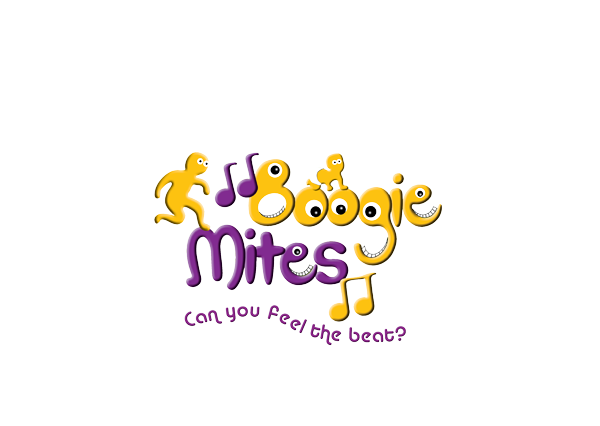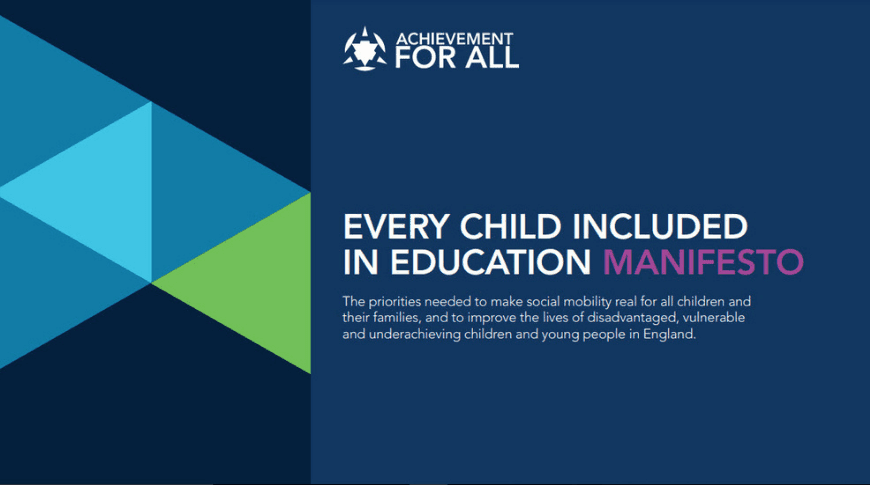On the 27th February 2018, Boogie Mites attended the Munch ‘n’ Move Conference at the Kia Stadium in London. The focus for this collection of Early Years Practitioners and Managers, Nutritionists, Paediatric dieticians, Doctors and Professors, was the intention for ‘Healthy Children – Brighter Futures’. Boogie Mites Music Programmes aim to contribute to this aim for a healthy lifestyle through active music making, so it was inspiring to hear the wonderful work being carried out to this end.
Claire Wall, a public health nutritionist and contributing author of the Eat Better, Start Better- early years menus and guidance, identified that currently “intakes of free (added) sugar [are being consumed at] 2-3 times the recommended daily amount.” And that :
“More than 600 children in England and wales are being treated for type two diabetes.”
The ‘Eat Better, Start Better’ programme was commissioned by the Department of Education, and developed with non-profit organisations. When implemented, it ensures that the welfare and hygiene of any setting meets the nutritional requirements of the Early Years Foundation Stage and passes Ofsted’s framework for inspection.
Lindsay Gilbert and Caroline Hart, Hackney Learning Trust, point out that healthy children are a product of exercises for the body and the mind, though the knowledge and support for teaching healthy lifestyles and nutrition is quite low.
“There are a lot of competing priorities for early years settings.”
But “Sustainability = creating a legacy.” Planning activities around food and the outdoors are both engaging and exciting. In spring, digging and planting in the garden and painting eggs; and in the autumn, collecting leaves and drawing on pumpkins.
Lisa David, from Bright Horizons, identified that Healthy Living alone could be accomplished with attention to three areas:
- Active athletes
- Green Gardens
- Creative Cooks
This would be accomplished successfully with the inclusion of parents and reflection of the local community.
Gill Jones, a member of Ofsted, inspecting healthy development in the delivery of EYFS identified that at the end of reception, “Over 90% met the EYFS learning goals.” But obesity is still present in groups of these children. This ponders the question of whether EYFS works…
Are the EYFS development requirements accurate?
Gill observes that these guidelines are more about development of children’s minds than of their physical strength. And anecdotally mentions a time at which she asked Ofsted inspectors: how many of them had seen children out of breath… no one put their hand up.
Gill Jones’ belief was that practitioners, carers and indeed anyone in child’s life, should be
“Encouraging Safe Risks…
…right from the start.” For example, holding their hand over stepping stones, guiding them up a climbing frame.
Dr Lala Manners, Director of Active Matters, spoke about how some sort of movement activity guideline needs to be introduced. Active Matters promotes “physical activity for young children [and ensures…] this field remains relevant for all those working in early years.” Dr Lala emphasised how imperative the introduction of a movement activity guideline for the UK is.
Linda Baston-Pitt, an Early Years Consultant, and Faye Bentley, Paediatric Dietician – Cambridge Childhood Partnership (CCP) began their discussion with the claim that:
Nutrition and physical activity should be integrated across the whole curriculum
They discussed the ‘PANCo Network’ of physical activity, nutrition students, and trained coordinators, and what a PANCo champion can accomplish…
- Nutrition and portion control
- Leadership development
- Empowering active role models
- Create supportive environment for sustainable change
Children’s discovery and learning in respect to this should in some ways be…
Holistic Learning
A term mentioned more than once throughout the day. This is the ‘premise that each person finds identity, meaning and purpose in life through connections to the community, to the natural world, and to humanitarian values such as compassion and peace.’
Professor Iram Siraj and Carol Archer lead the closing discussions, sharing their latest Environmental Rating Scale on Movement to promote quality in physical development.
Carol highlighted the benefits of exercise on the brain – learning, memory, and cognitive function, but also, communication, language and social skills.
“When we move, we learn.”
She explained a further two senses existed – an extension of the familiar: taste, touch, sight, sound, hearing.
- The Vestibular Sense – balance. Exercised by standing on one leg, and activities that make you dizzy.
- The Proprioceptive Sense – found in muscles and joints. Activated by bodily movement.
This idea that ‘when we move, we learn’ is applied from birth. The movement of a baby’s eyes/ head around a room and crawling, to developing hand-eye coordination. But outdoor development is where the fine motor skills’ development begins.
Professor Iram opened with an anecdote from when she was a child. Her memory of the view she had of her parents – or grown-ups in general. How whenever she went anywhere with them, once they’d arrive, they’d sit down. She remembers thinking how boring they were. When asking children about their transition to school, in fact, they universally hated carpet time. Iram asks the question of how children would like to be taught.
Physicality should be more central to the curriculum.
We should be “bringing physicality into every aspect of learning”. Which Carol and Iram aim to accomplish through their MOVERS for 2-6-year-olds provision: Improving physical development through movement and physical activity.
It was a very inspiring and informative day! Music was not mentioned during the lectures but we could recognise the part music can play in all of the key areas covered. If physicality and music could both be more central to the curriculum, the benefits for development could be even greater. All of Boogie Mites’ Music Programmes promote active music-making. Read our next blog later this month to hear more about Boogie Mites Healthy Living Programme and how it promotes more movement and other aspects of a holistic healthy lifestyle.
For enquiries, contact Sue Newman, Boogie Mites Director on 023 92 817274 or email her [email protected]






